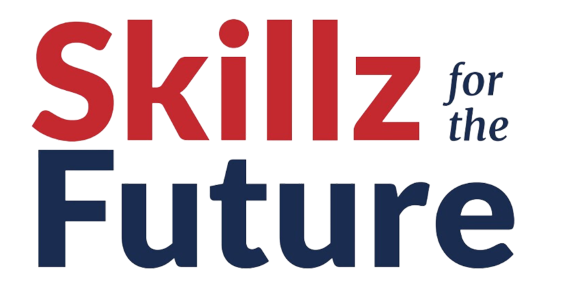Embarking on the journey of event planning, whether it’s a cozy gathering or a grand conference, demands finesse and strategic prowess. These seven principles serve as guiding beacons, steering both seasoned event planners and newcomers toward orchestrating unforgettable experiences. Dive into the realm of event planning mastery with these tried-and-true principles:
1. The Linchpin of Event Success
• Establish Realistic Budgets: The budget forms the backbone of your event. Set realistic financial parameters early on and adhere to them diligently.
• Strategic Allocation: Divide funds wisely among venue, catering, entertainment, and décor, with a contingency for unforeseen expenses.
• Budget Management: A well-managed budget provides flexibility to address unexpected challenges.
2. Timing is Everything
• Strategic Timing: Consider the season, holidays, and attendees’ schedules when selecting the event date.
• International Considerations: For international events, factor in global attendees’ locations and availability.
• Clear Communication: Clearly communicate the event date, allowing attendees to plan accordingly.
3. Charting the Course for Success
• Crystal Clear Objectives: Clearly define the event’s purpose and objectives to guide decision-making.
• Strategic Foundation: Objectives serve as waypoints, directing the planning process and ensuring cohesion.
• Alignment with Goals: Every decision should align with the established objectives for a unified event experience.
4. Elevate the Ambiance
• Decor Impact: Decorations play a pivotal role in shaping the event’s ambiance and visual appeal.
• Uniform Setting: Opt for high-quality, uniform decorations for a cohesive and visually stunning venue.
• Sustainability: Choose reusable decorations for sustainability and future use.
5. Proactive Problem Mitigation
• Anticipate Setbacks: Acknowledge the inevitability of challenges despite meticulous planning.
• Backup Planning: Develop contingency plans for potential issues, covering technical glitches to vendor no-shows.
• Troubleshooter Assignment: Assign a troubleshooter to address on-the-spot emergencies and maintain event seamlessness.
6. Selecting Excellence
• Provider Criteria: Choose service providers based on trustworthiness, reliability, reputation, and budget alignment.
• Thorough Research: Dive into provider reviews, seek references, and examine portfolios for informed decisions.
• Personal Meetings: Gauge professionalism and vision by meeting potential providers in person to ensure alignment.
7. Pick the Right Food
• Cater to Preferences: Curate a menu considering the event theme, dietary preferences, and restrictions.
• Variety and Inclusivity: Offer diverse options, including vegetarian, vegan, and gluten-free variations.
• Creative Touch: Elevate the culinary experience with interactive food stations or themed food bars.
By embracing these event planning principles, whether you’re a seasoned professional or a newcomer, you pave the way for events that linger in attendees’ memories. Roll up your sleeves, dive into the planning process, and create gatherings that become community talk for years to come.
